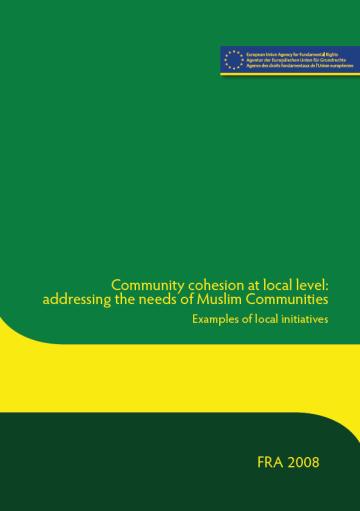L-Artikolu 4 tal-Protokoll Nru. 7 tal-KEDB jinqara kif ġej:
`1. Ħadd ma jista' jkun ipproċessat jew jerġa' jiġi kkastigat għal darb'oħra fi proċedimenti kriminali taħt il-ġurisdizzjoni ta' l- Istess Stat għal xi reat li dwaru jkun diġà ġie finalment liberat jew misjub ħati skond il-liġi u l-proċedura penali ta' dak l-Istat.
2. Id-dispożizzjonijiet tal-paragrafu preċedenti ma għandhomx iżommu milli l-każ jerġa' jinfetaħ skond il-liġi u l-proċedura penali ta' l-Istat in kwistjoni, jekk ikun hemm provi ta' xi fatti ġodda jew li jkunu għadhom kif ġew żvelati, jew inkella jekk ikun ħemm xi vizzju fondamentali fil-proċedimenti ta' qabel, li jista' jkollhom effett fuq kif jiżvolġi l-każ.
3. Ebda deroga minn dan l-Artikolu ma għandha ssir taħt l-Artikolu 15 tal-Konvenzjoni`.
Ir-regola `non bis in idem` tapplika fil-liġi ta' l-Unjoni (ara, fost il-ħafna preċedenti, is-sentenza tal- 5 ta' Mejju 1966, Gutmann (Kawżi konġunti18/65 u 35/65, Ġabra 1966, p. 103) u għal każ reċenti, is-sentenza tal-Qorti ta' Prim' Istanza ta' l- 20 ta' April 1999, Limburgse Vinyl Maatschappij NV u oħrajn (Kawżi konġunti T-305/94 u oħrajn, Ġabra 1999, p. II-931). Ir-regola li tipprojbixxi l-kumulu tirriferi għall-kumulu ta' żewġ pieni ta' l-istess xorta, jiġifieri pieni kriminali.
Skond l-Artikolu 50, ir-regola `non bis in idem` tapplika mhux biss fil-ġurisdizzjoni ta' Stat wieħed izda wkoll bejn il-ġurisdizzjonijiet ta' diversi Stati Membri. Dan jikkorrispondi ma' l-acquis fil-liġi ta' l-Unjoni; ara l-Artikoli 54 sa 58 tal-Konvenzjoni ta' Schengen u s-sentenza tal-Qorti tal-Ġustizzja tal- 11 ta' Frar 2003, Gözütok (C-187/01, Ġabra p. I-1345) , l-Artikolu 7 tal-Konvenzjoni dwar il-Protezzjoni ta' l-Interessi Finanzjarji tal-Komunità u l-Artikolu 10 tal-Konvenzjoni dwar il-ġlieda kontra l-korruzzjoni. L-eċċezzjonijiet ferm limitati f'dawk il-Konvenzjonijiet li jippermettu lill-Istati Membri jidderogaw mir-regola `non bis in idem` huma koperti mill-klawżola orizzontali fl-Artikolu 52(1) li tikkonċerna l-limitazzjonijiet. Fir-rigward tas-sitwazzjonijiet imsemmija fl-Artikolu 4 tal-Protokoll Nru. 7, jiġifieri l-applikazzjoni tal-prinċipju fl-istess Stat Membru, id-dritt li huwa ggarantit għandu l-istess sens u l-istess ambitu bħad-dritt korrispondenti fil-KEDB.

